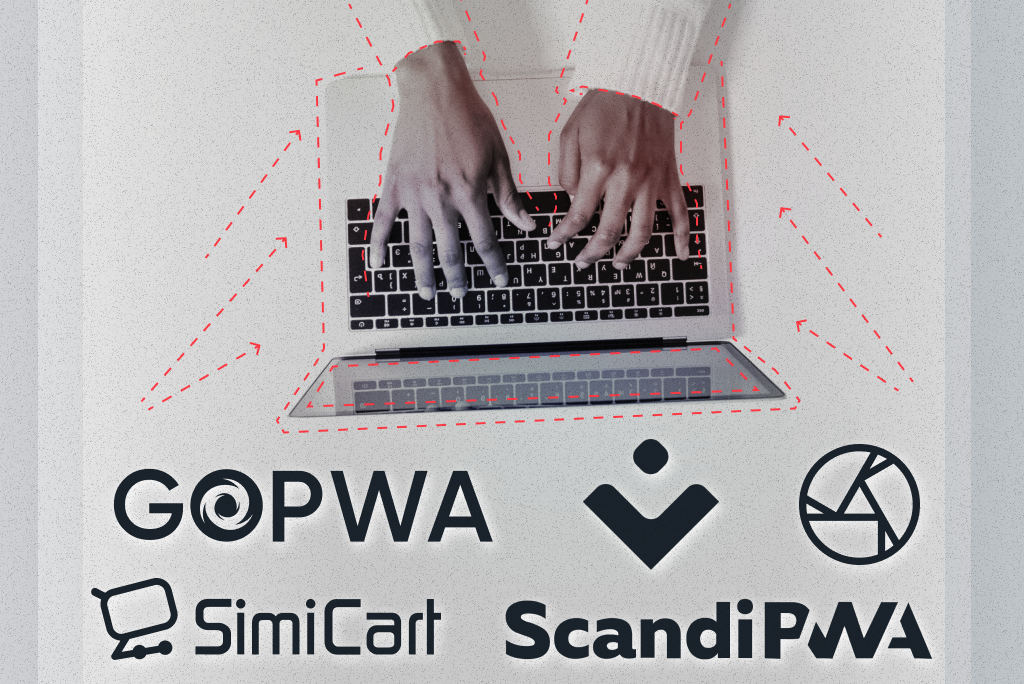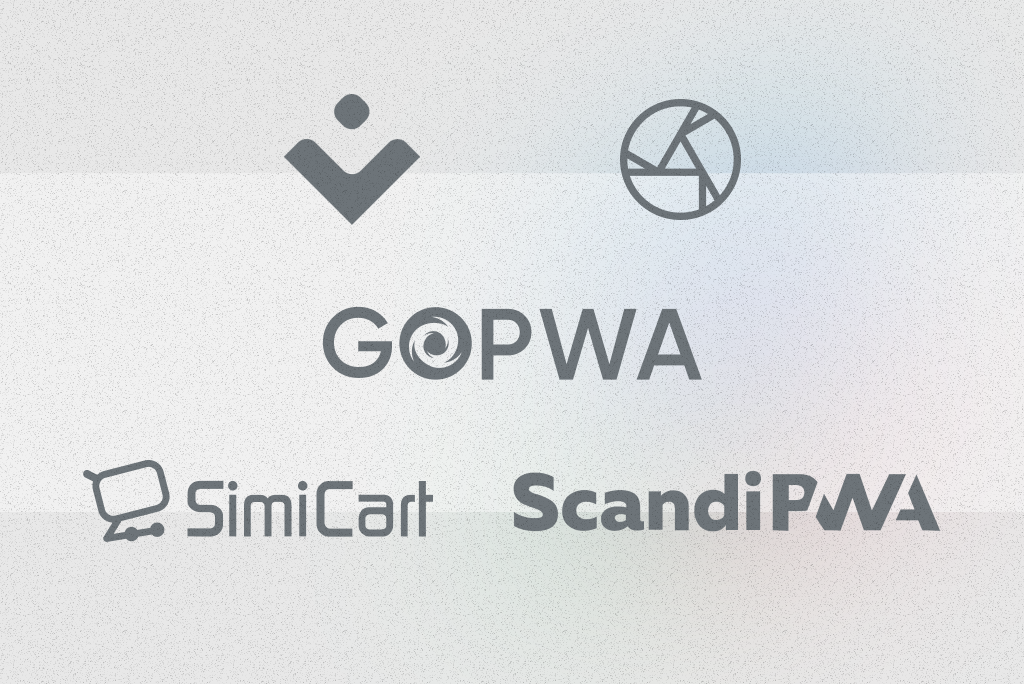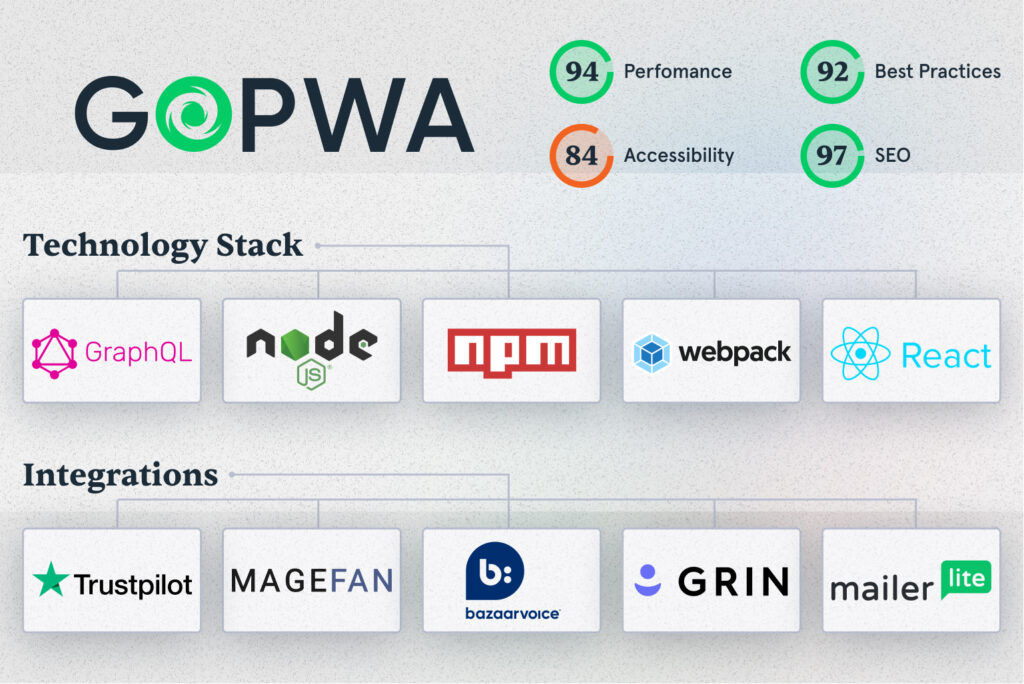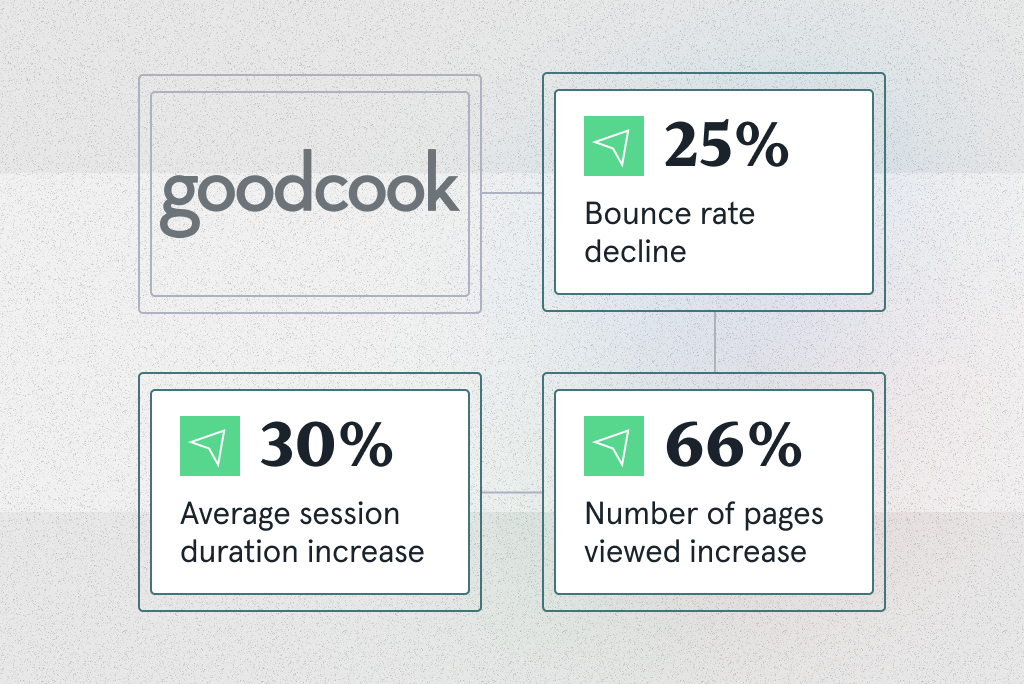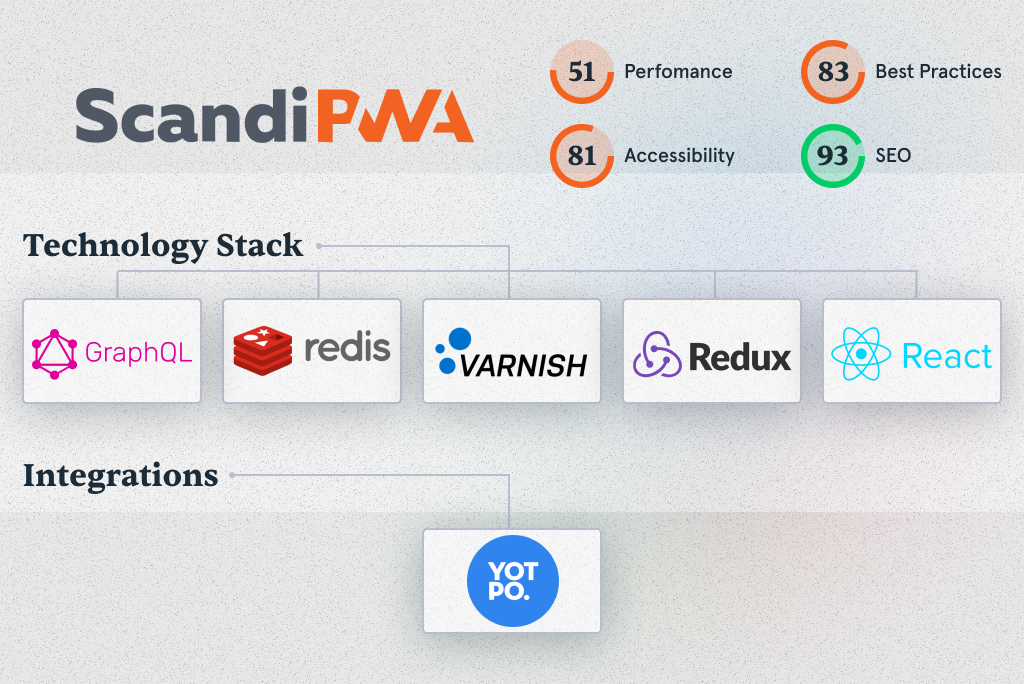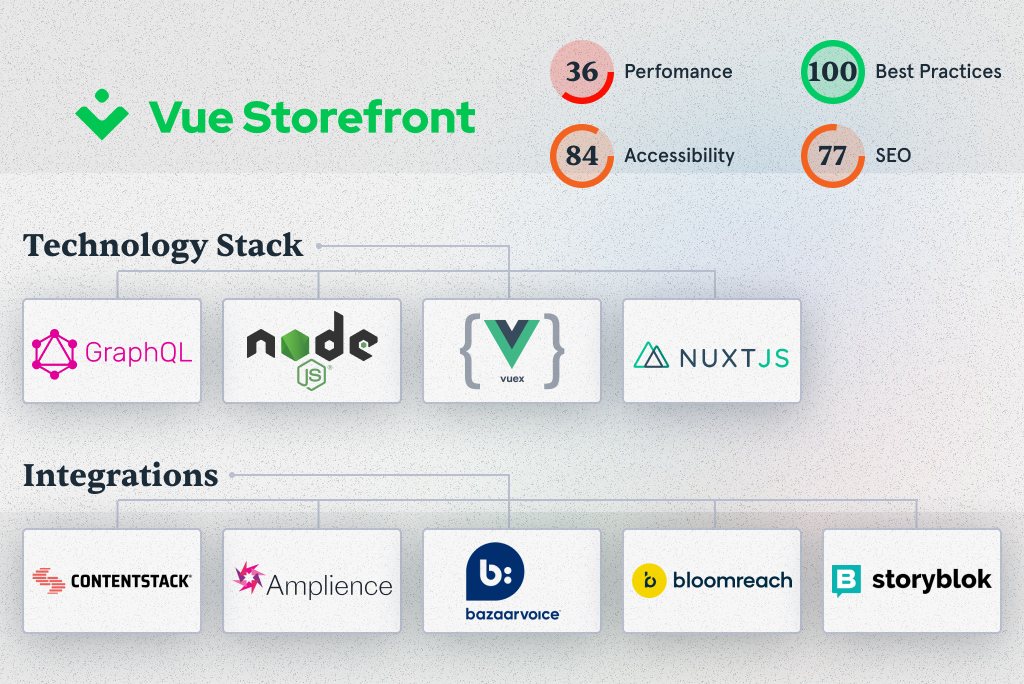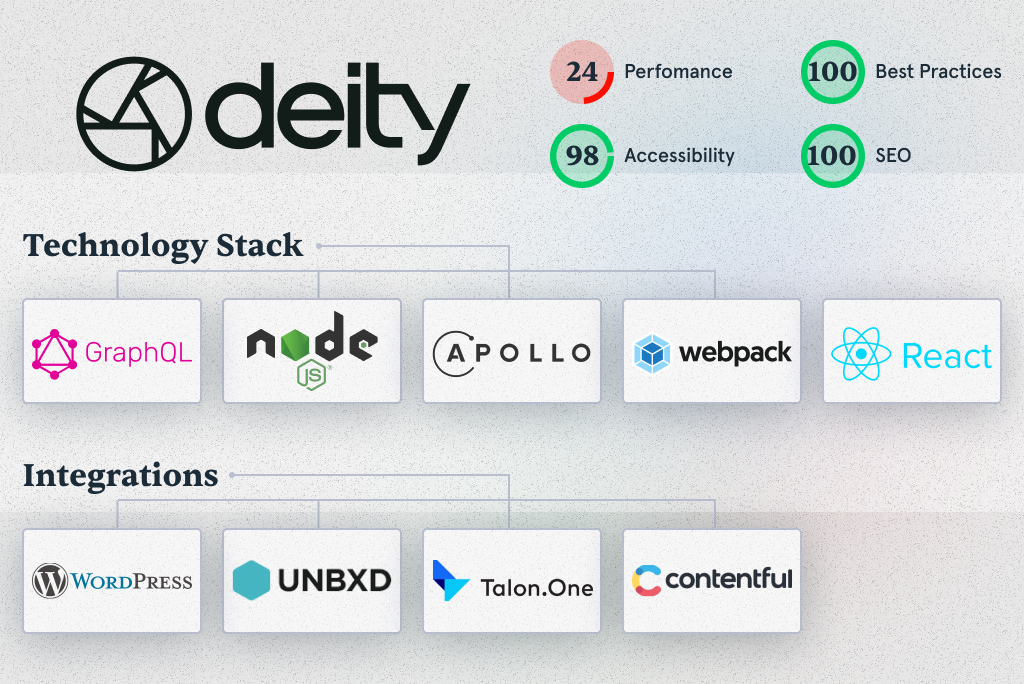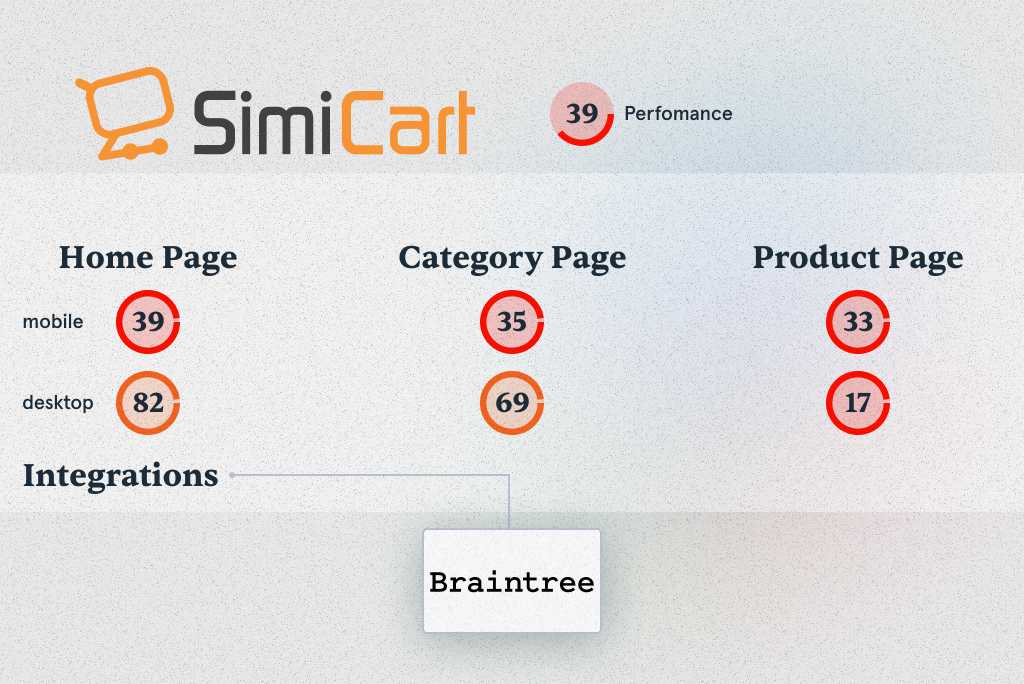PWAs, or progressive web apps, have grown in popularity over the past several years, and for a good reason. PWAs are a way to build web applications that deliver a native-like user experience.
PWAs are web applications built using such web technologies as HTML, CSS, and JavaScript. PWAs provide the same features and advantages of native mobile apps but with the bonus of web browser accessibility.
PWAs are quick, reliable, and work offline, which allows businesses to provide a seamless user experience.
Progressive web app templates are one of the fastest ways to build a PWA. In this article, we’ll review some of the most popular PWA templates in the market and analyze their weaknesses and strong points.
Here’s a quick preview of what you’ll find in the article:
- Top PWA templates in 2023
- Pros and cons of using a progressive web app template
- How to choose a suitable PWA template for your project
Let’s dive right into the details of making the right business choice.
Development Get a robust PWA
Supercharge your eCommerce efforts with superb UX and ‘superfast’ speed. Build an eCommerce PWA from scratch or save time and money using GoPWA Storefront.
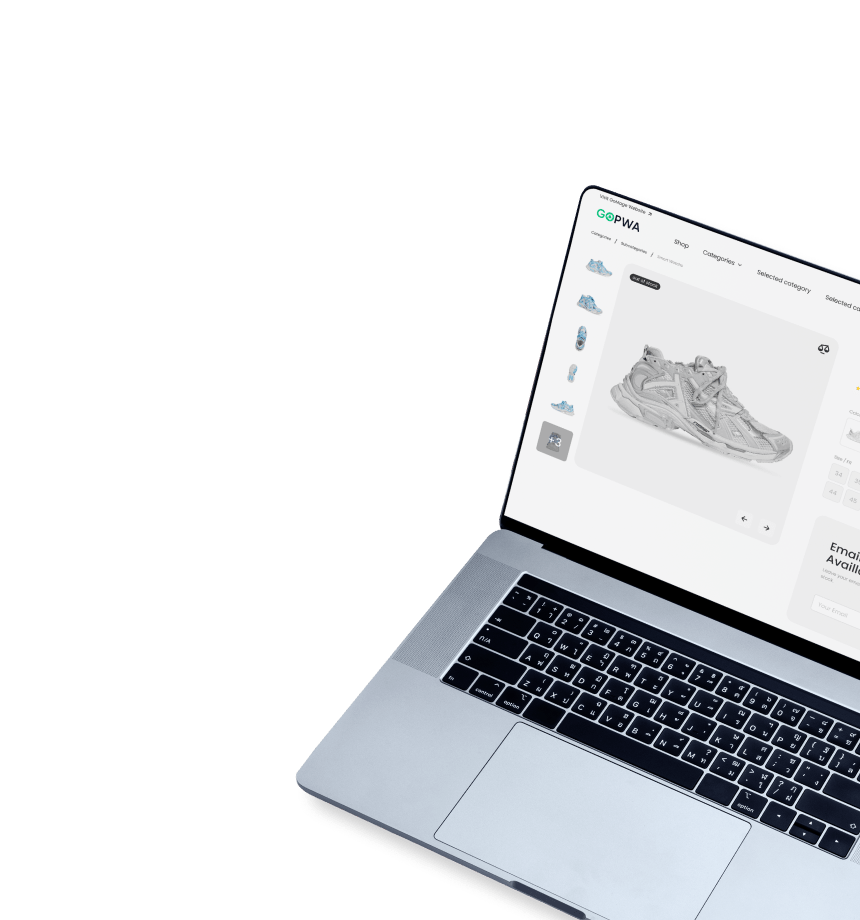
Top-5 Progressive Web App Templates
We’ve analyzed dozens of PWA project templates to create a list of the top-5 solutions for business. Below, you’ll find a list of some of the most popular PWA templates and a comparison of their key capabilities:
- Usability
- Performance
- Scalability
- Integration
- Development costs
Please note that we didn’t include in our list some free Magento templates on PWA suitable for small businesses only. We’ve included PWA builders and solutions that provide more advanced PWA capabilities and can meet business requirements.
Below you can see a quick overview of the differences between solutions.
Intrigued? Continue reading to uncover the details.
GoPWA
Let’s start with GoPWA, a solution our team has worked on for the last three years.
GoPWA is based on Magento PWA Studio. You get both standard features of PWA Studio and unique ones designed by our team. We provide 45+ integrations, a one-click installer, complete control over storefront settings, and blazing-fast performance right out of the box. But those are just a few of the advantages.
Let’s take a closer look at the GOPWA storefront.
Usability
When building GoPWA, we kept the development effort in focus. The goal was to reduce it and make the storefront configurable by business managers, marketers, and other non-developers. As a result of our effort, you can now modify all the necessary features directly from the admin interface, achieving faster time to market.
We have added a number of developer-friendly features, such as the ability to deploy PWAs with no downtime and integration with New Relic for performance monitoring.
The following characteristics shorten development time significantly:
- Import and export configuration
- Styling widgets via Tailwind from the admin panel
- Pre-configured and ready-to-use widgets and layouts
- Dynamic Page Builder for pages layout and content editing
Performance
The GoPWA PWA template makes no compromises in terms of performance. We made sure that robust functionality wouldn’t hinder its performance. We’ve created a unique solution that puts GoPWA into the green zone on PageSpeed Insights. However, the results are visible not only for Google bots but for real users also.
GoPWA helps solve one of the main problems of eCommerce websites – slow speed. Compared with Magento 2 and Adobe Commerce, GoPWA loads 2,5-4 times faster out of the box.
Scalability & customizations
GoPWA was built with scalability in mind. You get unlimited customization capabilities of the provided widgets, layouts, and the PWA theme. You can use tailor-made Page Builder to create content for dynamic pages or create a custom ecommerce website design. You can also extend the functionality of your PWA in one click, thanks to the built-in marketplace with 45+ extensions.
Below is an image showing what results our GoPWA brings to clients.
Integrations
You can quickly increase the PWA’s capabilities with only a few clicks. GoPWA provides more than 45 extensions and integrations. We’ve built a dedicated marketplace that lists all integrations, and you can install them with just one click.
- Marketing integrations: TrustPilot, MageFan, MailerLite, Grin
- Tracking & analytics: Google Tag Manager, Google Analytics, Awin, Hotjar
- Payment methods: PayPal, Braintree, Adyen, Afterpay, Cybersource
- Search options: ElasticSearch, Klevu, Algolia, Adobe Live Search (partial support for Adobe Commerce only)
Development costs
GoPWA costs $1,799 if you decide to build a PWA based on it yourself or with the help of a third-party vendor. You can also hire our company to work on your project. If you go this way, you’ll get the PWA for free.
You might be interested in collaborating with GOMAGE on your eCommerce PWA for the following reasons:
- The core team of the GoPWA works on clients’ projects, and they have exceptional expertise in PWA development. As a result, less time is required to complete tasks, projects are delivered fast, and development costs are reduced significantly.
- We can customize GoPWA based on your request, and add new features and integrations.
- Our team makes sure that your PWA built on our progressive web app template operates without any performance issues, even if the business has an extensive product catalog and highly customized functionality.
The admin panel also gives you complete control over the content, saving you dozens of development hours. No need to rush to the developers each time a new page is made for marketing objectives. Users who lack technical expertise can design and customize pages using drag-and-drop page builders.
Have questions about GoPWA & want to know how it can boost conversions?
Get a free consultation
ScandiPWA
ScandiPWA is a Magento PWA template with a set of tools to create progressive web applications. The solution offers a marketplace of paid extensions and covers 95% of the Magento Open Source functionalities.
Let’s examine ScandiPWA more thoroughly.
Usability
Being an open-source solution among Magento eCommerce templates, ScandiPWA significantly depends on the development community. Developers may discover a variety of tools to kickstart their work, including documentation, video lessons, and a Slack channel where they can discuss best practices.
A few tools are provided by ScandiPWA for developers:
- Accelerated development with Scandi CLI
- VSC plugin for Scandi CLI
- Overriding mechanism to work with specific components
- Ability to create and reuse extensions
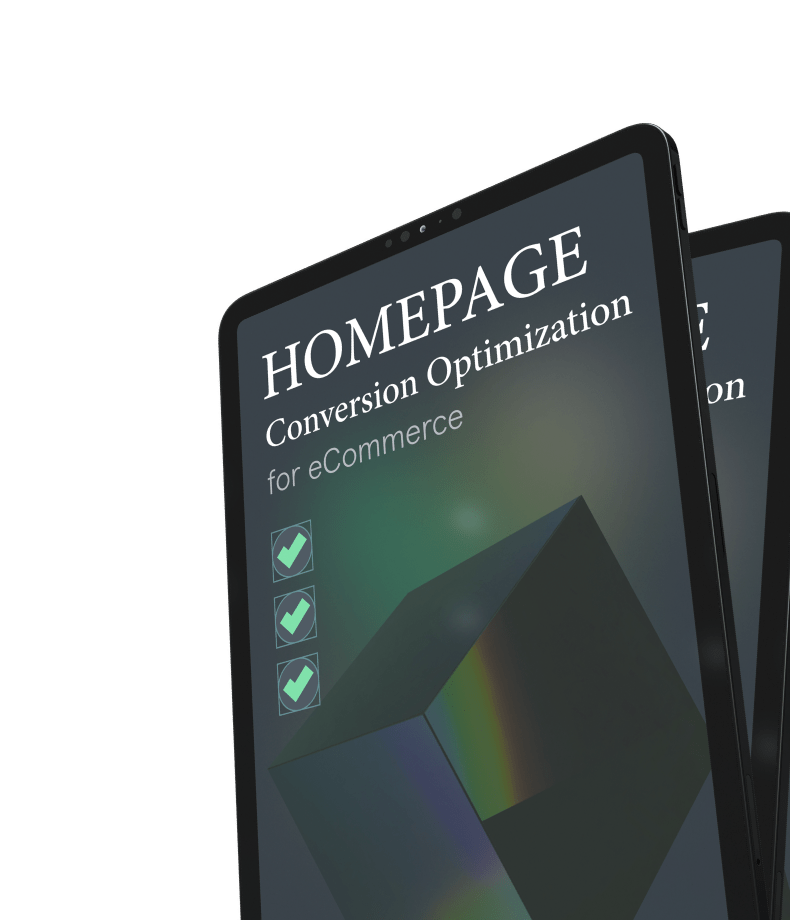
Performance
ScandiPWA utilizes the concept of a Single-Page Application to enhance performance. Instead of the traditional method of rendering pages on the server and obtaining data from there, the theme employs GraphQL to fetch data from the server and React for rendering on the client side. This approach allows for faster and more efficient performance.
Scalability & customizations
The architecture of ScandiPWA incorporates a flexible theming system, as well as application-specific and build-configuration plugins.
For those looking for additional functionality and integrations, ScandiPWA offers a marketplace of paid extensions. For instance, a Page Builder can be obtained for $299, while the advanced Layout option is available as an additional extension for the same price. ScandiPWA places a strong emphasis on paid extensions, so if the desired features or integrations are not available, custom development or waiting for them to be added may be necessary.
Additionally, if you require support for Adobe Commerce features, customization will be required to incorporate them.
Integrations
ScandiPWA offers a variety of integrations, but many of them come at an additional cost. For instance, ElasticSearch is included by default, but if you desire to utilize Klevu or Clerk.io, it will cost $499 per solution. It’s worth noting that ScandiPWA does not offer support for Adobe Live Search, and most other integrations also come at a cost.
- Marketing integrations: YotPo (available as an extension for $299)
- Tracking & analytics: Google Tag Manager (extension for $499), Google Analytics (not available out of the box)
- Payment methods: Klarna, Amazon Pay (extension for $499), PayPal (extension for $499), Stripe (extension for $499)
Development costs
When it comes to ScandiPWA, additional expenses may be incurred for obtaining and customizing extensions from its marketplace, as well as for customizing non-static pages of the storefront. Unlike GoPWA, this cannot be done without the involvement of developers.
Another cost to consider is the performance of ScandiPWA, which may not be optimal even when moderately loaded with content. Furthermore, when building a store with a large product catalog, the speed may decrease even further, requiring additional funds to be invested in optimization. Additionally, a connector may be required in order to integrate the theme with Adobe Commerce, which also comes at a cost.
If you choose to utilize ScandiPWA, you can either hire the company for PWA customization services or partner with one of their affiliates. However, there is no guarantee that they will have extensive experience working with the theme, leading to possible delays in the project’s time to market and return on investment.
When you choose this progressive web app template, you need to be prepared for the challenges that come in the same package with it.
Learn how we helped our client turn a WordPress blog into a PWA in under 5 months in the case study.
VueStorefront
VueStorefront is a front-end solution for headless commerce that does not primarily focus on Magento as the team works on supporting features across various platforms. The integration for Magento 2 was only released in July 2022.
In comparison, the platform has more functionalities covered for BigCommerce than for Magento. The solution is available in both a free version and an enterprise version, with the latter starting at 15,000 EUR per year.
Before deciding to choose VueStorefront, it’s worth considering the benefits and downsides it offers.
Usability
The headless architecture of VueStorefront enables developers to work independently of a particular eCommerce platform. The platform utilizes Vue.js components that can be customized using props and slots. Every new VueStorefront project comes with a pre-installed set of Nuxt.js modules, plugins, and Vue.js libraries, allowing for a smooth and efficient development process. H
However, it’s worth noting that assistance from developers to use this PWA template.
Performance
VueStorefront has implemented several features to enhance the speed of its solution, such as server-side rendering, code splitting, lazy loading, and hydration. However, when analyzing the VueStorefront demo using PageSpeed Insights, it can be observed that the performance results could be better. Given that the demo storefront has minimal content and a real website would have more content and features, it is likely that an online store built with VueStorefront may not achieve optimal scores in speed tests.
Scalability & customizations
The scalability of development is enhanced through the utilization of a comprehensive library of user interface components, API Orchestration, and a frontend framework.
Vue Storefront offers around 20 pre-built integrations, though only a select few are available in the free version, with the rest being exclusive to the Enterprise edition.
The platform supports various CMS elements such as pages, blocks, layouts, and themes, with limited support for CMS widgets. However, it should be noted that Adobe Page Builder is not currently supported, but an alternative, Page Builder by Tapita, can be implemented.
Additionally, while Vue Storefront offers some front-end configuration options, significant customization may require the assistance of developers. Furthermore, additional customizations may be necessary for those utilizing Adobe Commerce as support for these features is not included out of the box. As a result, the development check will grow significantly.
Integrations
VueStorefront is equipped with many integrations, though a limited number are accessible in the free version. If you opt for the enterprise solution, you will have access to an array of features, including:
- Marketing integrations: Bazaarvoice, Contentstack, Contentful, StoryBlock, Sanity
- Tracking & analytics: Google Tag Manager, Google Analytics (available in free version also)
- Payment methods: Adyen, Mollie, PayPal, Stripe, Checkout.com
- Search options: Elastic search (for both versions); Algolia, Constructor.io, and Bloomreach Discovery in Enterprise package
Development costs
Vue Storefront offers a range of free features such as a headless commerce storefront, a library of UI components, and API Orchestration, as well as access to three out of the fifteen available integrated solutions, with the rest being exclusive to the Enterprise package.
The Enterprise package starts at $15k per year, and additional costs for migrating to the platform may apply. Additionally, online training for one attendee can cost around $599.
It should be noted that due to limited front-end configuration capabilities, extensive customizations can only be done by developers.
Furthermore, certain features of Magento 2 and Adobe Commerce may not be supported, which could lead to additional development hours. All of this makes Vue Storefront a suitable solution for businesses that are willing to invest heavily in customization and plan to hire a dedicated development team.
Discover whether it’s true or not that PWA can improve SEO in our article How PWA Impacts SEO: Uncovering the Truth
Deity
Deity is a progressive web app template that can help you build an eCommerce PWA, but it’s important to note that it comes with significant financial investments. This solution is heavily focused on development, which means that most storefront adjustments will require the expertise and involvement of developers.
Deity is not a free PWA template, and its cost starts at €30k per year, depending on your business requirements. Let’s take a closer look at what Deity has to offer to eCommerce businesses.
Usability
At Deity, developer experience is a top priority, which is reflected in the vast customization options available. The Falcon Server comes equipped with a built-in extensions framework, enabling the connection of any type of data source, as well as the ability to extend GraphQL schemas, provide resolvers, and modify GraphQL structures.
Falcon UI is utilized for UI customization – a library of over 30 UI components with built-in theme capabilities, making it easy to prototype shops and a visual theme editor, which is available as a React component.
Performance
Performance acceleration techniques are implemented to ensure optimal speed for PWAs. These include server-side rendering, code splitting, GraphQL caching, and the use of a CDN to reduce server load.
Scalability & customizations
Commerce Composer and Falcon Shop Extension provide the solution with scalability and the delivery of GraphQL data types and connection to API. However, out-of-the-box integrations are limited.
In terms of support for Magento and Adobe Commerce, it is quite limited, with only basic functionality being covered. Many features are missing, particularly compared to the support offered for BigCommerce. Only support for CMS Pages and CMS blocks is provided, while Page Builder and customizations from the admin panel are not supported.
Integrations
In comparison to other options, the number of integrations provided by Deity is relatively limited. In most instances, API keys need to be added to the server for integration to function on the PWA.
Out of the box, the following features are provided:
- Marketing & content management: WordPress, Contentful, UNBXD, Talon.one
- Tracking & analytics: Google Tag Manager, Google Analytics
- Payment methods: Stripe, Mollie, Humm
Development costs
Deity is not a free PWA template. Its enterprise version costs €30k/year. At this price, you get code access to the Deity Commerce Composer and PWA, the Payment Orchestrator for connecting additional payment methods, out-of-the-box integrations, Deity Cloud Services, and hosted environments.
Since developers’ help is required to use the product, the Implementation service should also be taken into consideration. This service includes the discovery phase, UX design, customization, management of 3rd party implementation, and more, with the cost being determined on demand.
As a product company, Deity does not often offer customization for clients; instead, it suggests hiring one of its official partners who provide development services on Deity. There are only seven official partners available, so if they do not meet the specific needs of your business, you will need to seek out another company, which can add to the time to market and delay return on investment.
In summary, this solution is more suitable for businesses that are willing to invest heavily in PWA customization and further development and are ready to face problems when changing development vendors.
SimiCart
SimiCart is a Magento PWA template created by a team of Vietnamese developers who specialize in Magento development services. However, it should be noted that SimiCart offers a relatively limited range of features and integrations compared to other solutions in the market. While it is a free PWA template, it is important to consider the potential drawbacks of this.
Let’s delve deeper into this.
Scalability & customizations
With free PWA solutions like Simicart, the options for configuration within the admin panel are quite restricted. Businesses will require the assistance of developers for the majority of configurations.
Performance
SimiCart doesn’t provide performance optimization out of the box. Businesses who need to build a large eCommerce PWA will need to pay for additional performance optimization services by contacting the agency. So, additional costs should be included in the budget.
Additionally, none of the pages on the SimiCart demo have achieved a green score in PageSpeed Insights. As demos tend to have minimal content, it is unlikely that a real PWA built with this solution will meet Google’s speed requirements.
SimiCart might not be the best choice for a PWA template if you’re concerned about speed.
Development costs
Because of limited configuration capabilities, most storefront adjustments can be done only with the help of developers. Apart from missing features and integrations coming at extra cost, there are no approaches or tools to streamline and optimize the storefront configuration process — meaning longer time to market and, thereby, higher costs.
SimiCart is not the best choice for complex storefronts with many added extensions and custom features that you want to migrate from Magento to PWA. The solution won’t help you improve website performance and will prevent you from scaling your business in the future.
How to Choose the Right PWA Template for Your Project
When choosing a progressive web app template, there are a few factors to consider.
- Specific needs of the business
For example, if you need specific functionality or integrations, it’s important to choose a solution that offers those features. If no PWA builder provides them, choose the solution that allows adding custom functionality and additional integrations. Otherwise, you won’t be able to get all the necessary features.
- Level of customizations
Another important factor to consider is the level of customization offered by the template. Some templates offer a wide range of customization options, while others may be more limited. It’s important to choose a template that offers a level of customization suitable for the business.
- PWA performance
Speed matters when you’re choosing a PWA solution. Pay attention to the demo of the solution you consider. Usually, such demos are light in terms of content. If they don’t show great speed results, the real eCommerce PWA built on such a solution will show even worse results. As a result, you’ll need to hire developers to fix the speed issues. However, not all solutions allow such customizations.
- Analysis of different PWA templates
It’s important to evaluate different solutions and determine which one is the best fit for the business. This can be done by reviewing the features and benefits of each solution, as well as reading reviews from other businesses that have used it.
PWA Solutions for eCommerce: Key Takeaways
PWAs are a great option for businesses looking to provide a seamless user experience. Using a PWA template can reduce the time and resources when building PWAs, and there are many great PWA templates available in 2023. By considering the specific needs of the business and the capabilities provided by the services, you’ll be able to make the right choice.

